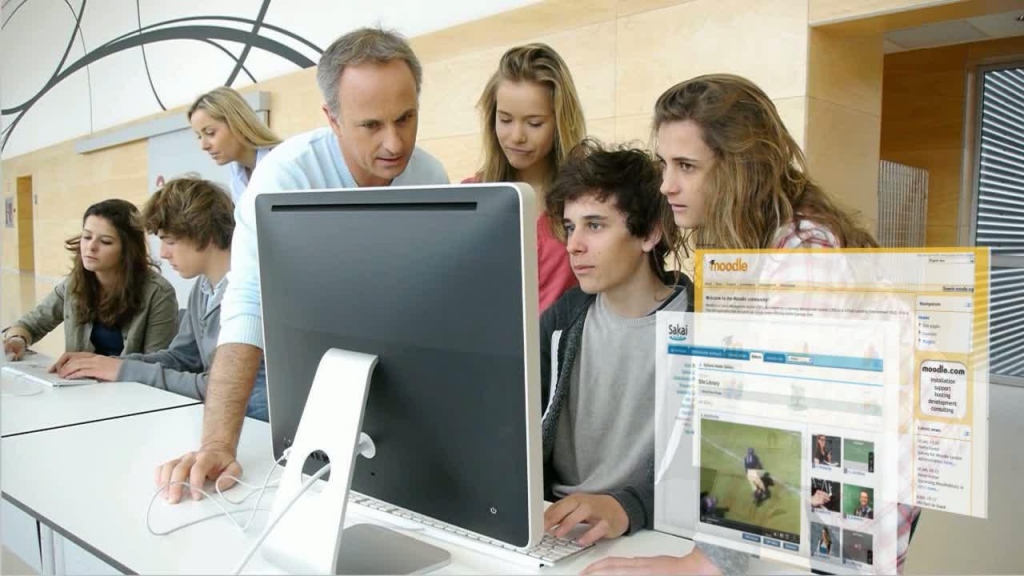Here are top ten effective study habits we should try to implement to achieve academic success at oniversity:
- Take notes extensively: It is probably the most tedious task and it is hard to take good, effective notes consistently. Many students tend to find it very difficult to maintain proper focus long enough, so they can record the all the information given out a lecture. Taking useful notes should be considered as an act of self learning. Students are less likely to write something down if they don’t understand it on some level.
- Obtain old exams: Whenever possible, we should try to find old exams and assignments given in previous years. This should give ourselves a very good idea of things that matter most the instructors and topics that are likely they test us on. These old exam sheets may not include the proper answers for the test, but students could find it very useful because they can use it to check of their own level knowledge. It should be easy to identify any weak areas, so they could immediately go back and try to re-study.
- Study early: Between our academics and daily social life; unfortunately time is not one thing we will have a lot of throughout our study in the university. However, one single thing we need to make is enough time for is regular study sessions. There is nothing much worse than studying throughout the night just before we have an important exam or test. Such a situation can be stressful and cause our brain to become more panicked and we won’t learn effectively as we normally would. We should study a little bit almost each night and more frequently during the couple of weeks leading up to an important exam. This will not only important to make us better prepared, this should also remove much of the stress we would have if we had left our studying session for the very last minute. By having early exam studying, it should allow students to properly identify weak spots as they try to understand and better prioritize their study sessions accordingly. Students who study until very late at night could actually completely ignore sections that they don’t really understand.
- Use laptops whenever possible: If the lecturer permits it, students should use their laptop for any note-taking task during their activity in lectures. This is particularly suitable students who can type very fast than when they write. This allows them to record a lot more important information. If a classroom gets WiFi coverage and we’ll have an added capability to properly research any topic we are unsure about, especially during lulls in a lecture session. If the professor frequently uses a few words we’ve never heard previously, just open Wikipedia or Dictionary.com to get basic understanding of their meanings. Or, if a lecture has been completed we can e-mail the professor directly and get an appointment to properly discuss about today’s lecture. We should have many uses related with our laptop during our activity in the class. Many students already grow up alongside a computer in their room since childhood and the machine has become the staple in their daily lives.
